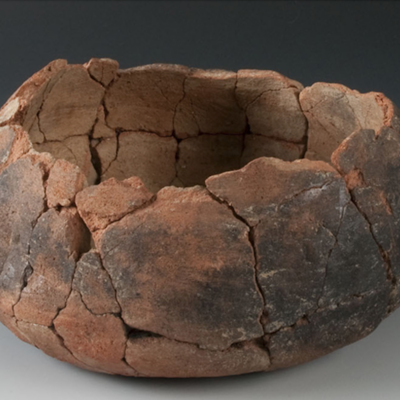In Live Arts’ production of the The Matchmaker, Thornton Wilder offers unexpected advice for the penny pincher in tough economic times: Ladies and fellas, fall in love.
The play focuses on the transformation of Horace Vandergelder from a miserly, lonely merchant to a generous husband. Instigating this transformation—and at the center of all the raucous fun in the play—is Dolly Levi, played by Denise Stewart. Stewart shines as the gleeful matchmaker who pairs off three couples by the end, including herself and the very same Horace Vandergelder.
|
Dolly Levi (Denise Stewart, right) and Irene Molloy (Ronda Hewitt, left) go toe-to-toe for a beau (Chris Baumer) in Live Arts’ The Matchmaker. |
Stewart’s Dolly Levi—and, to be fair, Chris Patrick’s Cornelius Hakl—preside over the play’s meddling, irony and joyous cross-dressing. Their performances typify the success of this production—a let-it-all-hang-out comedy punctuated by smart timing and delivery. When the fourth act begins and the sentimentalist-spiritualist Miss Van Huysen appears (Geri Schirmer’s send-up is worth the price of admission), the audience is already in stitches.
And isn’t this Wilder’s recommendation to misers hoarding money and to anyone who won’t risk falling in love—just have a little fun? The cast so contagiously presents this recommendation you’ll find it hard not to share in their delight as they deliver Wilder’s wittiest lines.
Perhaps I’m playing the miser myself, though, by refusing complete adoration of the play. While Patrick’s Cornelius Hakl finds the perfect balance between levity and focus, Casey Wagner’s Barnaby Tucker, along with a few others, veer dangerously close to the simplicity of caricature. With so many characters behaving foolishly, there’s hardly anyone left to play it straight. This is the one major weakness of Mendy St. Ours’ production: The characters who should provide ballast to the shenanigans also get swept up in the merrymaking. And who can blame them? While this is not an entirely bad mistake, it does obscure one of Wilder’s more pointed messages.
Wilder, it seems, wants people to share love and money. At one point in the play, Dolly Levi says, “Money…is like manure; it’s not worth a thing unless it’s spread about encouraging young things to grow.” We realize Wilder is cannily peddling (gasp!) the redistribution of wealth in the midst of all this old-fashioned fun. Given the greed that spurred our current economic crisis, it’s somewhat of a shame to lose these barbs, even to hilarity. That said, St. Ours and company serve up plenty of laughs and feel-good love—which was the more important message all along.






